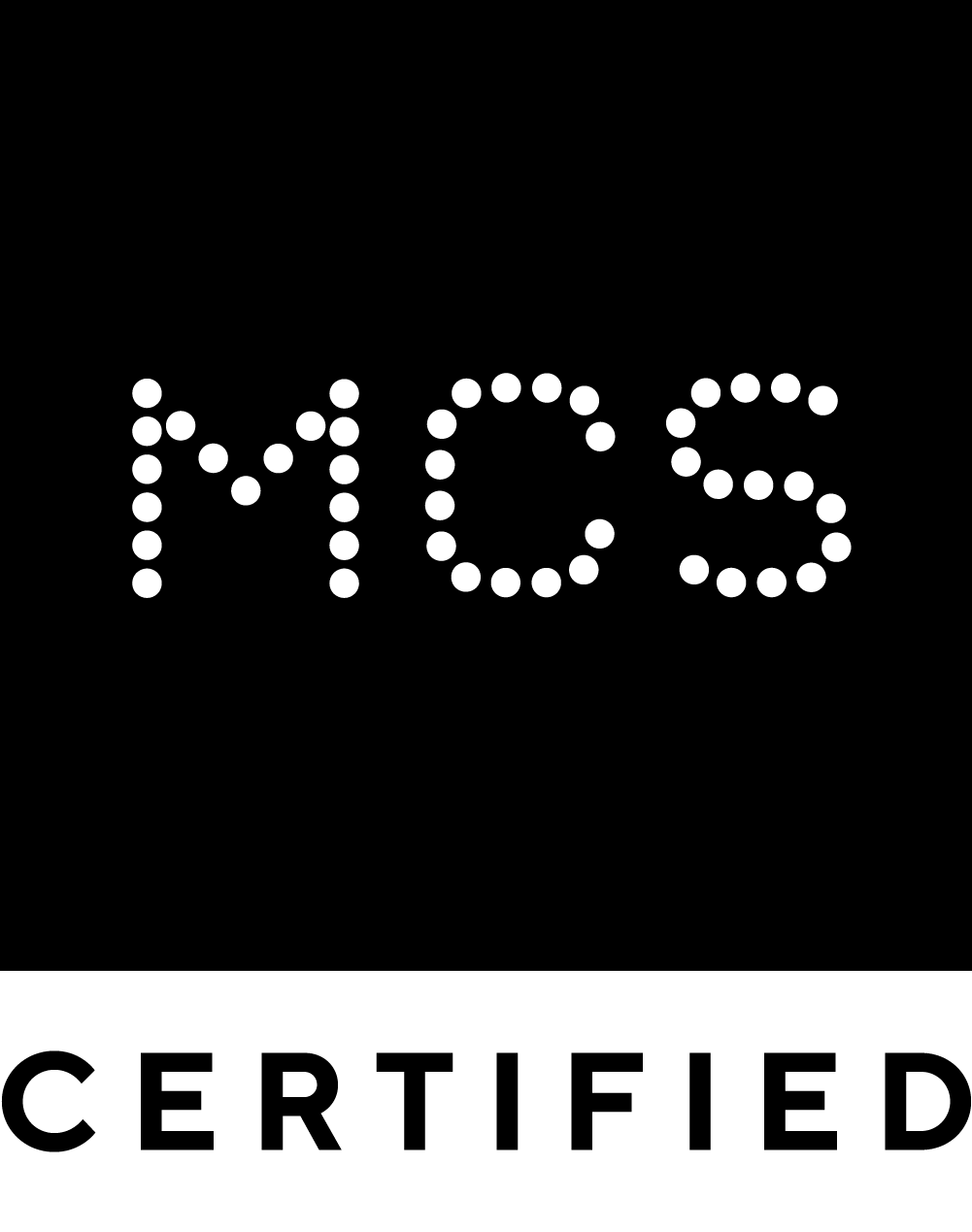With a General Election looming and with a change of government on the cards we take a look at what the Conservatives' latest green initiative, the Boiler Upgrade Scheme, has achieved and what we can expect from Labour.
The Boiler Upgrade Scheme (BUS) was launched in May 2022 as the latest in a succession of initiatives intended to accelerate uptake of renewable energy heating in homes and businesses across the country. Launched with £450m of funding allocated up to 2025 and a further £1.5 billion committed last year through to 2028, the scheme offers one-off grants to eligible homeowners, private landlords and businesses for replacing a fossil fuel heating system, or in the case of self-builds, for choosing a renewable heating system over a fossil fuel alternative.
Initially the grant was a flat rate of £5,000 whether you were installing an air source or ground source heat pump or a biomass boiler. The uptake was slow, in part through low awareness of the scheme, but also due to the low level of funding, and in October 2023 the grant for heat pumps was increased to £7,500 but remained pegged at £5,000 for biomass boiler installations.
With a median cost of £13,150 for installing an air source heat pump, £25,000 for installing a ground source system and £15,748 for installing a biomass boiler, this level of grant just isn’t enough to encourage mass uptake. Admittedly interest increased a little following the grant uplift, but the government’s ambitious target of 600,000 heat pump installations a year by 2028 is something of a fantasy!
So where are we now?
By the end of April 2024, Ofgem had received 40,259 BUS grant applications since the scheme started and of these 34,300 vouchers have been issued. 96% of applications have been for air source heat pumps, 3% for ground source heat pumps and less than 1% for biomass boilers.
Total applications had risen 11% month on month from March 2024 and a mighty 93% from the same month in 2023, which was prior to the grant uplift. So, it appears the scheme has slowly been gaining traction, but with an election just around the corner, its days are probably numbered.
We will have to wait for details of the transition from this Tory initiative to its Labour successor but hope that any applications submitted, and any vouchers issued will be honoured, as under BUS scheme rules, the installer has 3 months from the date a voucher is issued to install an air source heat pump and 6 months to install a ground source heat pump and then redeem the voucher.
The uncertainty over what will come next is very likely to suppress interest in heat pumps for a time with installers and homeowners alike waiting to see details of Labour’s Warm Homes Plan before committing to a heat pump installation, so we expect a tough few months of trading and something of a heat pump hiatus.
What we know so far from the Labour Manifesto is that their Warm Homes Plan has an annual budget of £1.1 billion to improve the energy efficiency of UK homes. The Plan is likely to offer a combination of grants and loans to support investment in measures ranging from fitting insulation, to solar, battery, and low carbon heating installations.
Here at Yorkshire Heat Pumps, we have had to master the different regulatory compliance and administration requirements of three different incentive schemes since 2014: the Renewable Heat Incentive scheme, the disastrous Green Homes Grant Scheme and most recently the Boiler Upgrade Scheme which have each presented us with different challenges.
We only hope that whatever comes next comes quickly (and is straightforward to administer!) so we can get on with the happy task of helping our customers improve the energy efficiency of their homes and businesses while reducing their carbon footprint.






 Unit 3a & 3b | Follifoot Ridge Business Park | Pannal Road | Harrogate | N. Yorks | HG3 1DP
Unit 3a & 3b | Follifoot Ridge Business Park | Pannal Road | Harrogate | N. Yorks | HG3 1DP
Comments (0)
Add a Comment